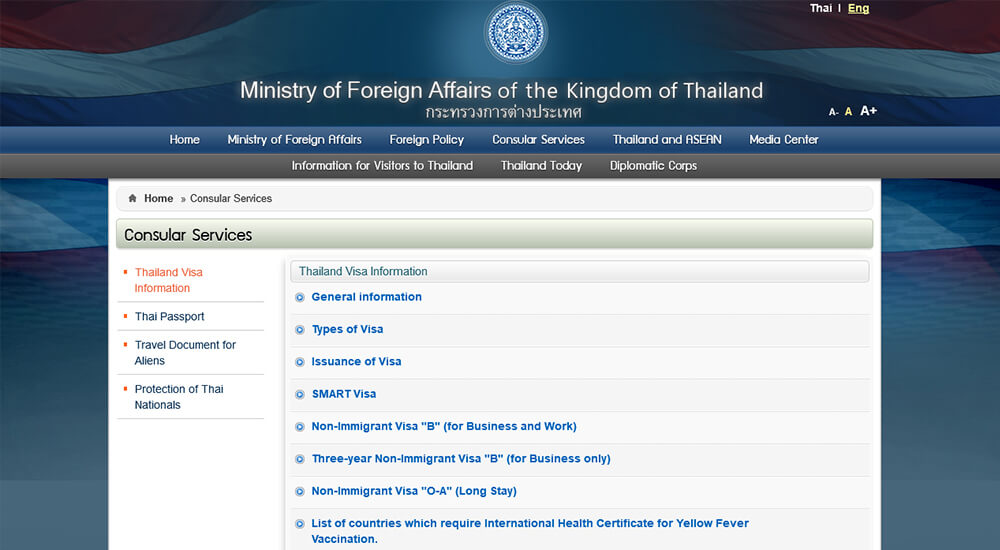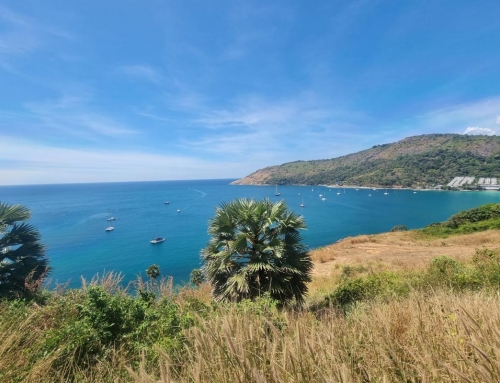Understanding Thai Visa Types – A Must-Read Guide for Phuket Property Buyers
When considering a move to Thailand or investing in property in Phuket, understanding the different types of Thai visas is essential. Whether you’re relocating permanently, spending extended time here, or simply exploring real estate options, your visa status will affect what you can do, how long you can stay, and what legal rights you have.
In this guide, we explain the most common Thai visa types and their relevance to foreign nationals buying property in Phuket. We’ll also provide useful tips and links to help you navigate the process.
Why Visas Matter for Property Buyers in Phuket
If you’re planning to buy a condo, invest in a villa, or retire in Thailand, your visa will determine how easily you can live in the country, access utilities, open bank accounts, or secure long-term rental agreements. Having the right visa makes the entire property ownership journey in Phuket far smoother.
Tourist Visa (TR)
Who it’s for: Short-term visitors
Validity: 60 days (extendable once for 30 days)
A Tourist Visa is ideal for scouting the property market in Phuket. You can meet agents, explore villas and condos for sale, and get a feel for the area. However, it doesn’t allow you to work or stay long term.
Planning a visit to view properties? Explore our Phuket Villas for Sale and Phuket Condos for Sale while you’re here.
Visa Exemption (Visa-Free Entry)
Who it’s for: Citizens of 50+ countries
Validity: 30 or 45 days (depends on nationality and agreements)
Thailand offers visa-free travel to many countries. This is useful for short trips, such as initial property viewings or meetings with lawyers, developers, or estate agents. It’s not suitable for residency or ownership processes that require more time.

Education Visa (ED)
Who it’s for: Foreign nationals studying in Thailand
Validity: 90 days to 1 year (can be extended)
Some long-term expats use this visa to study Thai language or other courses while exploring Phuket’s real estate market. While it doesn’t directly support property ownership, it allows time on the ground to understand the buying process.
Marriage Visa (O)
Who it’s for: Foreigners married to Thai citizens
Validity: 1 year (renewable)
If you’re married to a Thai national, you can apply for a Non-Immigrant “O” visa. This can be a useful option for owning property (especially condos), opening bank accounts, and living long-term in Phuket.
Retirement Visa (O-A or O-X)
Who it’s for: Foreigners aged 50+
Validity: 1 year (O-A), 5-10 years (O-X)
This visa type is ideal for retirees purchasing a home in Phuket. Many retirees prefer low-maintenance sea-view condos or quiet pool villas in peaceful neighborhoods like Nai Harn or Rawai.
To qualify, you must show proof of income or funds deposited in a Thai bank. The retirement visa is a perfect fit for long-term living and property ownership under Thai law.
Business Visa (B)
Who it’s for: Foreign nationals working or investing in a Thai company
Validity: 1 year (can be extended with work permit)
If you plan to run a business in Thailand (such as a property rental company or development project), this visa allows for business activities. It’s commonly used by foreign investors involved in commercial property or development in Phuket.

Elite Visa (Thailand Privilege Visa)
Who it’s for: High net-worth individuals seeking ease of entry
Validity: 5 to 20 years (depending on package)
The Thai Elite Visa is popular among foreign property investors and luxury buyers. It offers long-term stay privileges without the usual bureaucracy. Ideal for condo or villa owners who want peace of mind and hassle-free renewals.
Learn more in our Thai Elite Visa Guide.
Smart Visa (For Innovators & Startups)
Who it’s for: Entrepreneurs, investors, experts in tech, health, and other high-growth industries
Validity: Up to 4 years
If you’re investing in innovation or startup ventures in Thailand, this visa allows long-term stay and work without a permit. This may appeal to foreign entrepreneurs setting up shop or investing in Phuket real estate innovation zones.
Permanent Residency (PR)
Who it’s for: Foreign nationals living in Thailand for 3+ years
Validity: Indefinite (subject to approval)
This is the ultimate long-term visa. Once obtained, it allows you to live in Thailand indefinitely and can simplify property ownership, especially for condos.
How to Apply for a Thai Visa
Visa applications vary by type and country of origin. You’ll typically need:
-
A valid passport
-
Proof of funds or income
-
Medical and criminal background checks (for some visa types)
-
Application forms and fees
-
Supporting documents (marriage certificate, educational enrollment, etc.)
You can apply through your local Thai embassy, online portals, or in-country visa services.
See the Thai Ministry of Foreign Affairs for official visa guidelines: www.mfa.go.th
Visa Advice for Property Buyers in Phuket
-
If you’re buying condos, you don’t need Thai citizenship, but your visa type can affect financing and tax structures.
-
If you’re interested in villas or land, you’ll need to explore leasehold options or legal company structures.
-
Your visa doesn’t directly grant ownership rights, but it determines how long you can reside in your Phuket property.
Looking to Invest in Phuket Property?
Buying property in Thailand involves legal nuances, especially for foreigners. Visa planning should go hand-in-hand with your real estate journey. Whether you’re retiring, investing, or starting a business, we’re here to guide you every step of the way.
Download our free Phuket Property Guide to learn how to buy safely, legally, and with confidence.





Social Contact